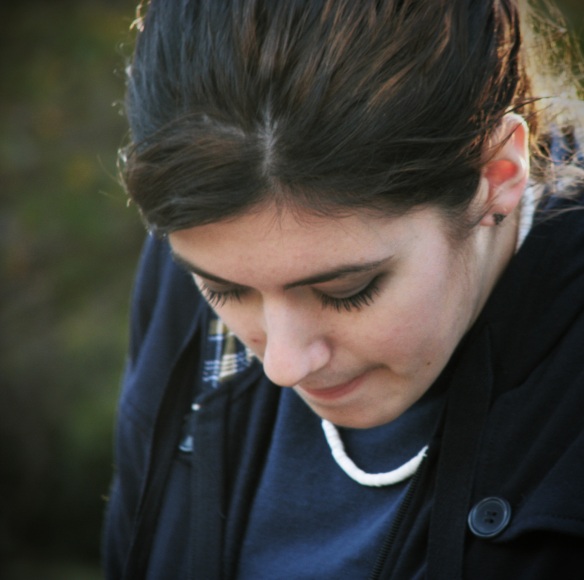This week my family and I trekked up to New Jersey to visit my dad’s relatives for some post-Christmas celebration time. On one evening, dad decided to go for a walk. At this point, close to two feet of beautiful white snow lay on the ground, in some points drifting about chest high. Needless to say the night was gorgeous, lit with Christmas lights and silent aside from the occasional snow plow.
Unfortunately I left the house a bit too late to catch up with my dad, so I skirted around downtown Spring Lake on my own. Being a Tuesday evening, no place but the pizzeria was open. This made my stroll all the more enjoyable. Unsurprisingly, I began to ponder things.
What were people doing in the houses I passed?
Who had left their house since the blizzard?
Why didn’t I bring my camera ?
Eventually I began to think about and reflect on other things as I have been in the habit of doing as of late. These things include several seemingly negative situations I have found myself in the past year, which led me to think, “Is there any good in dwelling on the negative?”
Negatives tend to be a part of life for a reason. As an illustration, look at a magnet. A magnet is polar, having a negative and positive end. In order for two magnets to join, they must be joined at polar opposites, otherwise they repel each other. Two positive ends and two negative ends would never join.
If our lives were to continually be surrounded in positive situations, we would be limited to experiencing only so many of them. With the absence of negative situations, we would never be fully attracted to the positive ones.
Going back to my original question (the one referring to negative… not my curiosity about people in random houses), how much should we really cling to the negative?
God does not bring negative situations to allow us to want more, but instead allows them in order to help us realize the goodness of the positive. If we can rejoice even in the seemingly negative situations, then our joy will be that much greater in seemingly positive.
I am not saying this because I am in need, for I have learned to be content whatever the circumstances. I know what it is to be in need, and I know what it is to have plenty. I have learned the secret of being content in any and every situation, whether well fed or hungry, whether living in plenty or in want. Philippians 3:11-12
I think C.S Lewis illustrates this amazingly in his allegory “The Horse and His Boy” (part of the Chronicles of Narnia series):
“I do not call you unfortunate,” said the Large Voice.
“Don’t you think it was bad luck to meet so many lions?” said Shasta.
“There was only one lion,” said the Voice. “I was the lion… I was the lion who forced you to join with Aravis. I was the cat who comforted you among the houses of the dead. I was the lion who drove the jackals from you while you slept. I was the lion who gave the Horses the new strength of fear for the last mile so that you should reach King Lune in time. And I was the lion you do not remember who pushed the boat in which you lay, a child near death, so that it came to shore where a man sat, wakeful at midnight, to receive you.”
“Then it was you who wounded Aravis?”
“It was I.”
“But what for?”
“Child… I am telling you your story, not hers. I tell no one any story but his own.”



